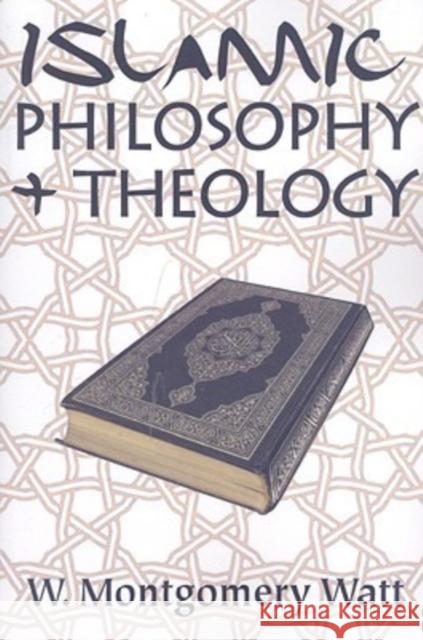Islamic Philosophy + Theology » książka
Islamic Philosophy + Theology
ISBN-13: 9780202362724 / Angielski / Miękka / 2008 / 220 str.
Events are making clear to ever-widening circles of readers the need for something more than a superficial knowledge of non-European cultures. In particular, the blossoming into independence of numerous African states, many of which are largely Muslim or have a Muslim head of state, has made clear the growing political importance of the Islamic world, and, as a result, the desirability of extending and deepening the understanding and appreciation of this great segment of mankind.Islamic philosophy and theology are looked at together in a chronological framework in this volume. From a modern standpoint, this juxtaposition of the two disciplines is important for the understanding of both; but it should be realized at the outset that it is a reversal of the traditional Islamic procedure. Not merely were the disciplines different, but in the earlier centuries the exponents were two different sets of persons, trained in two different educational traditions, each with its own separate institutions. There was little personal contact between philosophers and theologians, and the influence of the two disciplines on one another was largely by way of polemics. Eventually while philosophy died out as a separate discipline in the Islamic world, many parts of it were incorporated in theology.This work is designed to give the educated reader something more than can be found in the usual popular books. The work undertakes to survey a special part of the field, and to show the present stage of scholarship. Where there is a clear picture this will be given; but where there are gaps, obscurities and differences of opinion, these will also be indicated. This work is brilliant in its design, style, and intimate understanding. It is a must read for specialists and policy makers alike.











